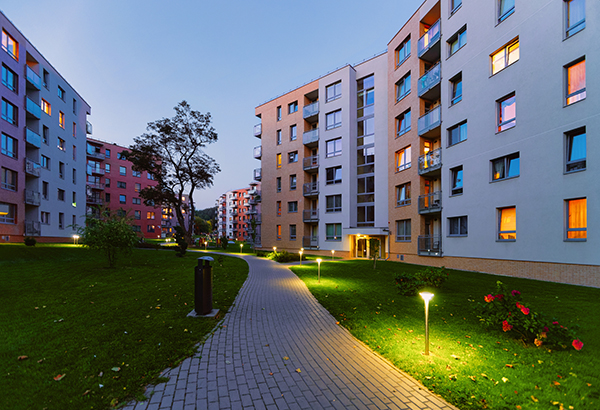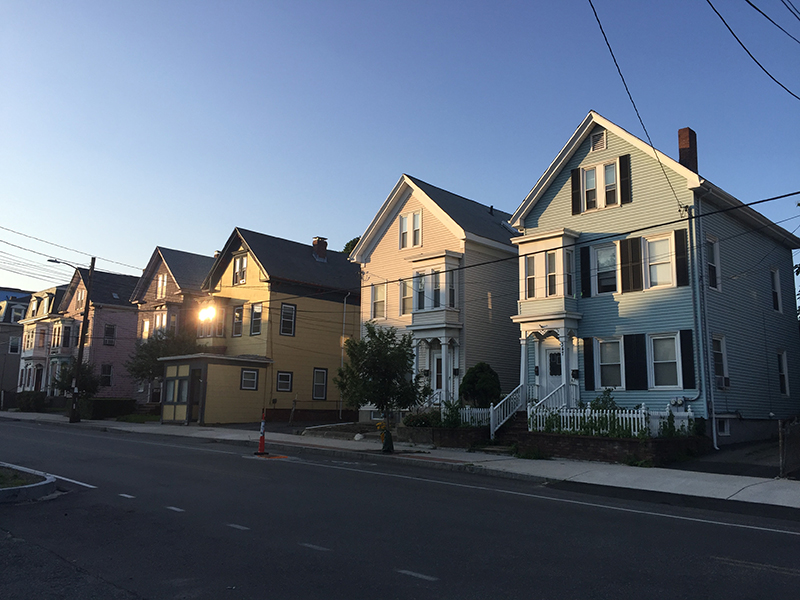
Many parts of Florida are facing housing affordability challenges and policymakers in cities across the state are looking for solutions to tackle the rising cost of housing. Under pressure from tenant activists, some local leaders considered policies that, although well-meaning, would have done more harm than good. Councilmembers in Tampa and St. Petersburg considered, but ultimately rejected, putting rent control on the ballot for voters to approve in the recent elections. County Commissioners in Orange County voted to advance a referendum on rent control, ignoring the advice of their own consultants that the measure would likely be blocked by the courts. The referendum passed, but a Florida court did indeed order election officials not to certify the results of the vote, declaring the ballot summary to be misleading.
In Gainesville, however, local leaders are pursuing evidence-based policies meant to address the root cause of the crisis. Home to the University of Florida and over 52,000 undergraduate and graduate students, Gainesville has struggled in recent years to remain affordable for longtime residents. That’s why city leaders have approved changes to zoning law that will eliminate bans on apartment construction in several neighborhoods.
According to Gainesville City Commissioner Adrian Hayes-Santos, who spoke with Growing Homes Together in October, 63% of all land in Gainesville is zoned exclusively for detached, “single-family” homes. These homes are the most expensive type of housing to build. Furthermore, when cities zone large swaths of land for detached, single-family homes only, little land is left for smaller homes or apartments that are naturally more affordable. That’s a recipe for rising housing costs in cities like Gainesville, where the demand for housing is high.
Emily Hamilton, a housing scholar at the Mercatus Institute, thinks this reform is a step in the right direction. “The only way to maintain affordability in that environment [of growing housing demand] is to allow lots of housing to be built, particularly relatively low-cost forms of housing, like multi-family housing, mobile homes or other types of housing that have lower costs to build and to live in,” she told Growing Homes Together. “Allowing more units to be built on a [single] lot is definitely a way to allow lower-cost types of housing to be built.”
Ken Johnson, Associate Dean of Graduate Programs at Florida Atlantic University’s College of Business, agrees. “Spikes in population create short-term real estate problems,” he said, “but they almost always bring long-term solutions. There are some things that we can do – increasing density, multi-generational living. It would be nice if we had enough units, but this isn’t going to happen overnight.”
While rent control may be well-intentioned, it has proven time and again to have a perverse impact. Gainesville, though, has taken a sensible approach by pursuing policies that will spur housing development and make a dent in the imbalance between supply and demand. Whether in Florida or beyond, municipalities should take a close look at the Gainesville model as they consider policies to address housing affordability.




